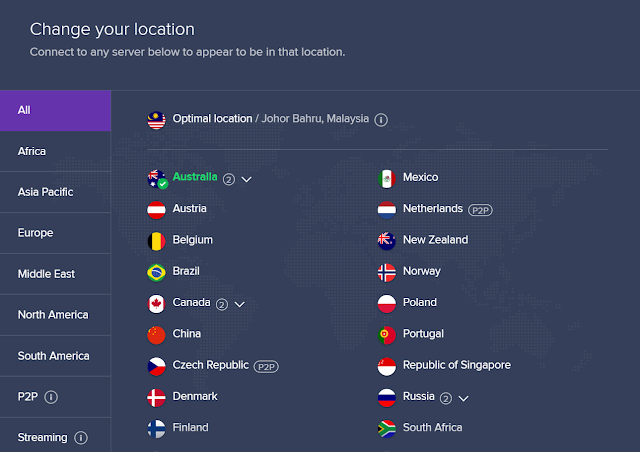Setting up a Virtual Private Network (VPN)
VPN technology was developed to allow remote users and branch offices to securely access corporate applications and other resources. To ensure security, data would travel through secure tunnels and VPN users would use authentication methods - including passwords, tokens and other unique identification methods - to gain access to the VPN. In addition, Internet users may secure their transactions with a VPN, to circumvent geo-restrictions and censorship, or to connect to proxy servers to protect personal identity and location to stay anonymous on the Internet. However, some Internet sites block access to known VPN technology to prevent the circumvention of their geo-restrictions, and many VPN providers have been developing strategies to get around these roadblocks.
A VPN is created by establishing a virtual point-to-point connection through the use of dedicated connections, virtual tunneling protocols, or traffic encryption. A VPN available from the public Internet can provide some of the benefits of a wide area network (WAN). From a user perspective, the resources available within the private network can be accessed remotely.
Traditional VPNs are characterized by a point-to-point topology, and they do not tend to support or connect broadcast domains, so services such as Microsoft Windows NetBIOS may not be fully supported or work as they would on a local area network (LAN). Designers have developed VPN variants, such as Virtual Private LAN Service (VPLS), and Layer 2 Tunneling Protocols (L2TP), to overcome this limitation.
Your next question will be ,Is it legal to use a VPN in India ? Yes it is legal to use a VPN in India. But it is still illegal to use a VPN in countries like UAE, Iraq etc.
Well every sites u visit including mine use your IP address to grant u access. U can change your IP address using a VPN or hide yours using a VPN. While using a VPN your VPN's server address is shown instead off your real ip address.
Based on your VPN host different amount of servers to change your locations are available on the internet. Nowadays specialised servers for streaming and peer to peer networks ex torrent are also available. I am using VPN on all my devices as the security too. You can search on the internet to select your vpn provider and select plans based on you money.
I strongly recommend u to use a vpn. By Reading this article I hope that u understood all about a VPN and you will start to use a vpn to secure your connection. 📶 📲 📴







0 comments: